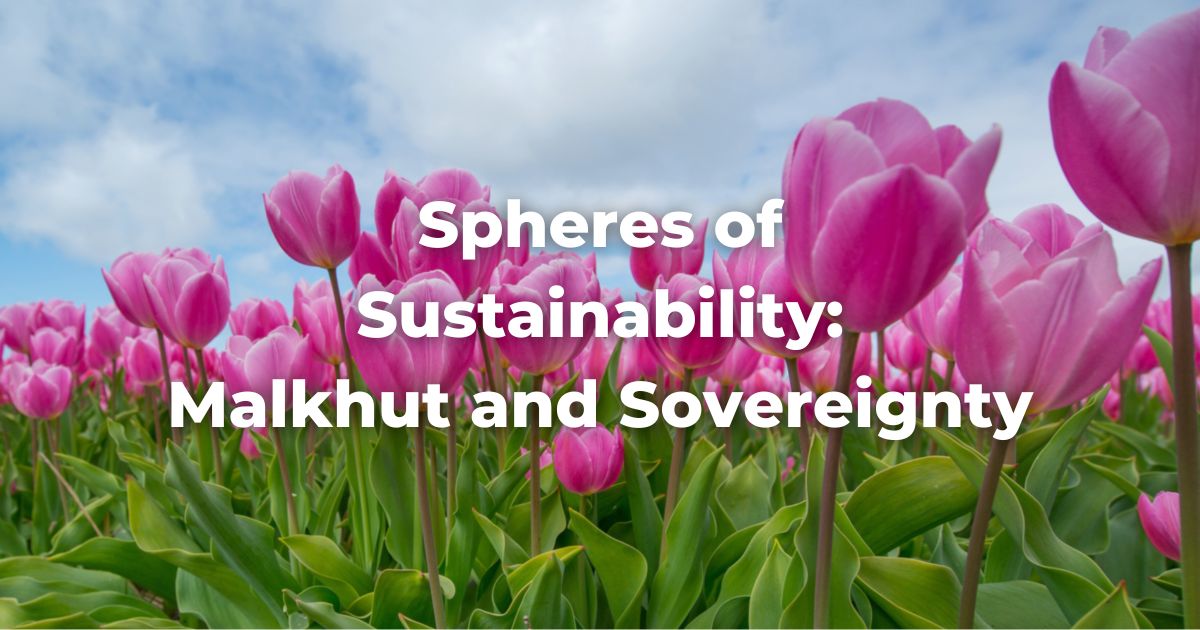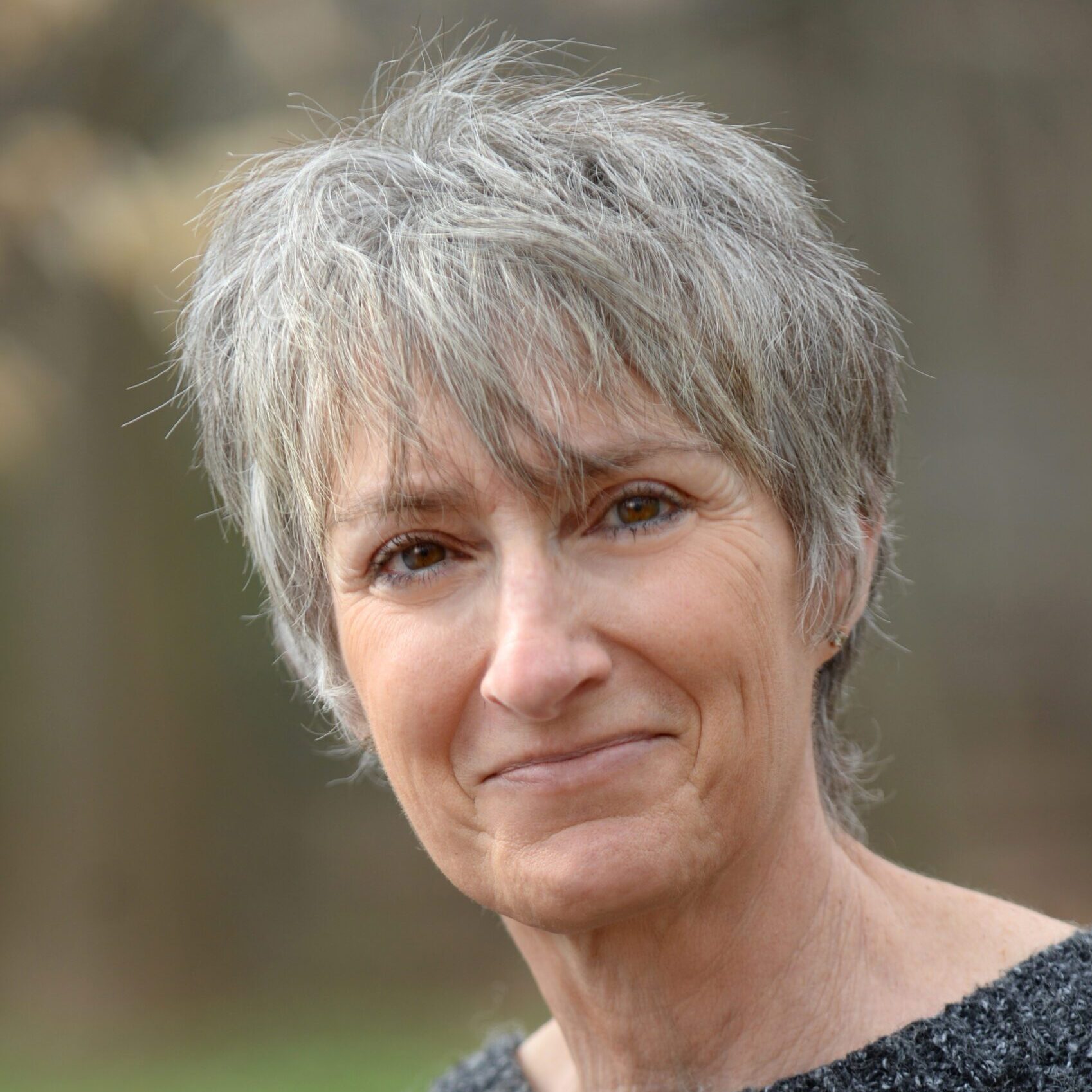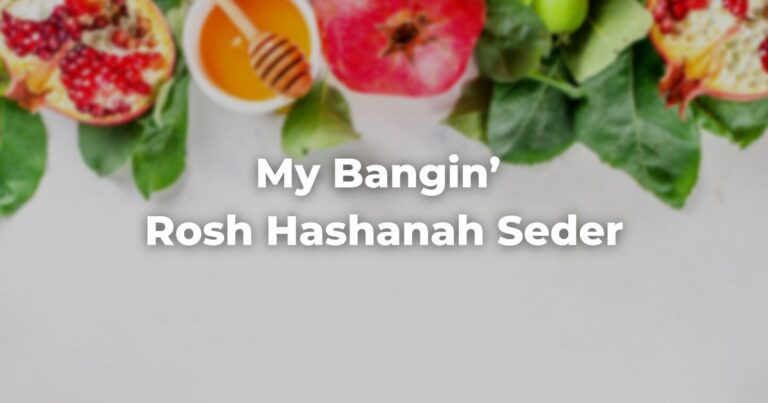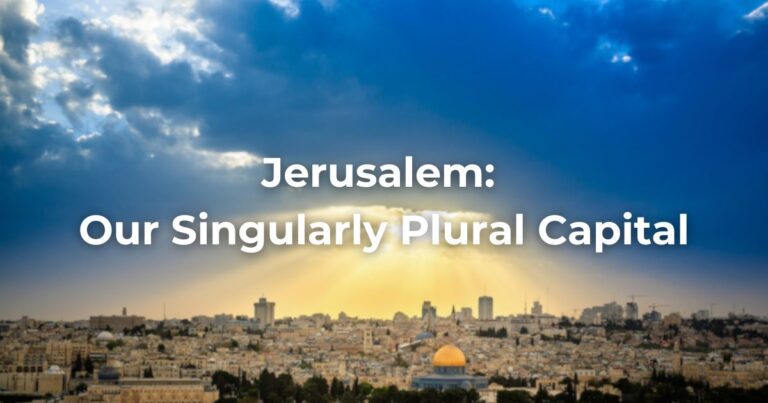Each week during the period of the Omer, the seven weeks between Passover and Shavuot, we can deepen our collective actions for caring for the earth. These teachings are disciplines that speak to the head, heart, and hand, corresponding to the three pillars on which the world stands: TorahRefers to the first five books of the Hebrew Bible, the Tanakh, also called the Five Books of Moses, Pentateuch or the Hebrew equivalent, Humash. This is also called the Written Torah. The term may also refer to teachings that expound on Jewish tradition. Read more (Learning), AvodahOriginally understood as Temple service, but expanded to mean any service to God.
Related to: gemilut hasadim. See Pirkei Avot 1:2 Read more (service), and Gemilut HasadimPerforming acts of kindness (hesed).
Often drawn from Pirkei Avot 1:2, “the world stands upon three things: the Torah, the Temple service (avodah), and the practice of acts of piety (gemilut hasadim).” Read more (lovingkindness) (Pirkei Avot 1:2). Take these words, share them, teach them, adapt them, pursue them. Check out the full series here.
This week, we arrive at Sinai. You and me and millions more.
Jews across the ages have imagined that we—all who left Egypt and all Jews throughout time—stood together at the base of Mount Sinai. There, we made camp at the threshold between heaven and earth. There, we prepared ourselves to receive the ineffable word of God and translate it into a way of being, a way of holiness.
That is why the sefirah for this week is Malkhut, the earthly kingdom, the realm of the ShekhinahLiterally translated as “Presence,” while rabbinically, it is a term referring to God’s presence in the world. Its feminine form gave rise to the mystical expression of God’s feminine attributes. Read more (God’s earthly presence), the place where the divine meets the material world and infuses it with holiness. Life and holiness: the hallmarks of Judaism.
(See more: Shavuot)
Head
It all starts with life: “The aim of the Torah is this,” wrote Isaac ben Judah Abarbanel in the 15th century. “That existence should continue existing.” (On Deuteronomy 22:6)
Creation brought forth life designed to bring forth more life. The first act of holiness, the first mitzvah, the one that precedes all the rest, is the preservation and protection of the world.
Tradition calls this Yishuv Ha’olam, creating a habitable world.
Sefer Ha-Chinukh, the 13th-century compendium of the 613 commandments, explains that Yishuv Ha’olam “is a great commandment through which all the other commandments are observed.”
The author quotes Isaiah as a prooftext for this mitzvah:
כִּי כֹה אָמַר-ה׳
בּוֹרֵא הַשָּׁמַיִם הוּא הָאֱלֹקִים,
יֹצֵר הָאָרֶץ וְעֹשָׂהּ הוּא כוֹנְנָהּ–
לֹא-תֹהוּ בְרָאָהּ,
לָשֶׁבֶת יְצָרָהּ.Ki khoh a’mar ADONAI
Borei Ha’shmayim hu ha’elokim,
Yo’tzeir ha’aretz v’osah hu khon’nah—
Lo-to’hu v’ra’ah,
La’shevet y’tzarah.For thus said GOD,
The Creator of heaven who alone is God,
Who formed the earth and made it,
Who alone established it—
God did not create it to be a waste,
God formed it for habitation:
(Isaiah 45:18)
Our task is to live in consonance with this mitzvah.
Heart
Sefer Ha-Chinukh continues: “The root of this mitzvah is well-known: It is in order to teach our souls to love what is good and long for it.”
To cherish something is to be moved to protect it. To protect something is to be moved to cherish it. This mitzvah calls us to both cherish and protect, to love and to act.
This week, find a tree, a park, a stream, a view, a mountain, a forest, or a garden that is close by. Open yourself to its beauty, its spirit, its gifts.
And if you happen to see a tree coming into bloom, say the following blessing:
בָּרוּךְ אַתָּה ה׳ אֱלֹקֶינוּ מֶלֶךְ הָעוֹלָם שֶׁלֹּא חִסֵּר בְּעוֹלָמוֹ כְּלוּם וּבָרָא בּוֹ בְּרִיּוֹת וְאִילָנוֹת טוֹבוֹת לְהִתְנָאוֹת בָּהֶן בְּנֵי אָדָם׃
Barukh atah Adonai Elo-heinu melech ha-olam shelo chisair ba-olamo k’lum uvara vo briyot tovot v’ilanot tovim l’hitna’ot bahen b’nei adam.
Blessed are You, Who has made nothing lacking in this world, and created in it goodly creatures and goodly trees so we may derive pleasure from them.
Hand
Invest in systemic action.
Do one, or both, of these:
-
- Have your congregation or Jewish organization join the Jewish Climate Leadership Coalition, a network of Jewish community organizations that recognize the existential threat and moral urgency of climate change and commit to taking action. More than 50 other Conservative/Masorti congregations are members of this coalition. Join them.
-
- Have your congregation or Jewish organization appoint a Chief Sustainability Officer to the board or management team. This might be a lay or professional position. But the important thing is that someone holds the portfolio and has the obligation and authority to help the institution prioritize sustainability practices in all they do.
Author
-

Rabbi Nina Beth Cardin is the Chair of the Sustainability Committee of the Social Justice Commission of the Masorti Movement and the co-author (with her husband, Rabbi Avram Israel Reisner) of the Conservative Movement's teshuvah on sustainability. She has worked in the field of environmental advocacy for over twenty years, most recently promoting environmental human rights and intergenerational environmental equity for all.
View all posts






